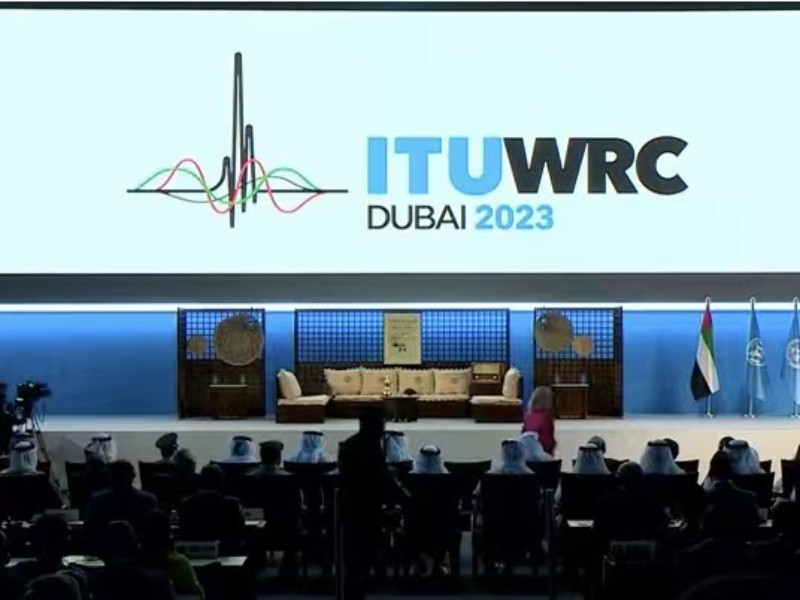- The latest World Radiocommunication Conference (WRC-23) advanced the Asia-Pacific region’s radio spectrum development, identifying spectrum bands for International Mobile Telecommunications (IMT).
- These developments are vital for the region’s technological and economic growth, enhancing connectivity in remote areas.
OUR TAKE
The outcomes of the latest World Radiocommunication Conference (WRC-23) lay a strong foundation for future advancements, promoting a more connected, efficient, and technologically advanced Asia-Pacific region. The agenda for the next one (WRC-27) will further encourage the region’s flexibility and creativity.
–Ashley Wang, BTW reporter
What happened
The latest World Radiocommunication Conference (WRC-23) has positioned the Asia-Pacific region advantageously for the development of radio spectrum use across various services. Member States of the International Telecommunication Union (ITU) agreed to promote the development of future mobile systems and services, with significant contributions from Asia-Pacific countries.
A key outcome of WRC-23 was the identification of various regional and global spectrum bands for International Mobile Telecommunications (IMT). Although the Asia-Pacific region did not receive specific radio-spectrum identification for IMT, regulatory specifications for IMT use in other regions will aid in its implementation locally. This will encourage continued technical research and development, benefiting users and communities.
WRC-23 also established usage specifications for Radio LANs, such as Wi-Fi, allowing each Asia-Pacific country to select systems aligned with its domestic needs and spectrum policies. Additionally, the use of high-altitude platform stations (HAPS) as IMT base stations, known as HIBS, was put on the agenda for future discussions. This could enable cost-effective expansion of IMT coverage, particularly in sparsely populated areas.
Also read: ‘Luobo Kuaipao’: Fear and excitement as China embraces robotaxis
Also read: US grants $400M to Taiwan’s GlobalWafers for silicon wafer production
Why it’s important
These developments are crucial for the Asia-Pacific region’s technological advancement and economic growth. The encouragement of IMT system research and development ensures that the region remains competitive in the global telecommunications landscape. By adopting regulatory specifications set by WRC-23, Asia-Pacific countries can harness the latest innovations in mobile technology, benefiting consumers and businesses alike.
The inclusion of HIBS for future discussions also highlights the region’s proactive stance in addressing connectivity issues in remote areas. This move is not just a technological upgrade but a socio-economic boon, as improved connectivity can drive education, healthcare, and economic activities in underserved regions.
Moreover, the regulatory updates for satellite communications reflect the region’s growing reliance on these technologies for maritime and aeronautical applications. Ensuring seamless and reliable communication in these sectors is vital for safety and operational efficiency, particularly given the vast oceanic areas in the Asia-Pacific.

